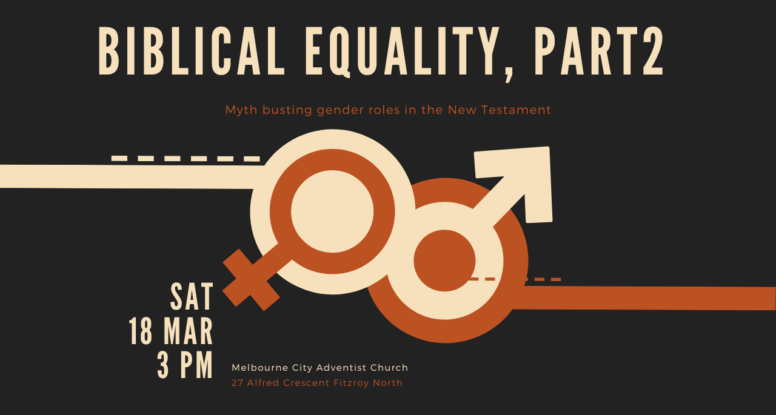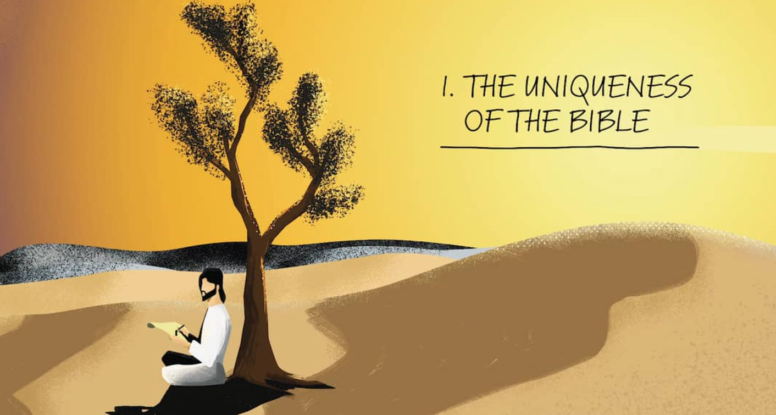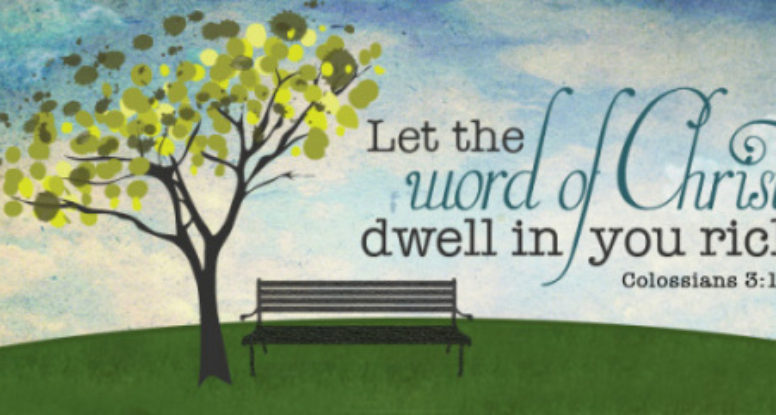Sometimes I can be a stickler for getting things right. When I have a disagreement with someone, usually about something incredibly unimportant, I have to find out who is right. Perhaps it’s ego or perhaps it’s… No, I guess it is ego.
Upon a recent viewing of a Marvel Cinematic Universe movie I was sure about the origin of a particular object while my viewing companion objected to my opinion (fact, by my judgement). I had to turn to Google to find out who had it right.
Several years ago I had a similar experience with the Bible. I had a study Bible that suggested very strange things in the notes between chapters. Mostly helpful hints on interpretation – but I felt it went too far when interpreting Jesus’ view on the Sabbath and actually stated something to the effect of ‘remember the weekday and keep it holy’!
This prompted my search to find the ‘right’ version of the Bible. During my search I started with the oldest versions I could find and looked into how they were translated. Now, I am only familiar with the English language, but I do recall reading about some Latin versions of the Bible.. in particular the Vulgate, a Latin translation of the Bible by Jerome who, in 382, sought to correct inaccuracies in the existing Latin version (or versions, I’m not sure).
Now, you may assume that this piece may be about the version of the Bible I settled on, but I recall this story because I recently came across Jerome again earlier this year while reading a book about Wit; sorry to subvert expectation. Now, I mean to cast no aspersions on Jerome, but I found a very interesting anecdote about his translation.
Most people agree that it is not known what specific fruit the ‘forbidden fruit’ in the Garden of Eden was. Many people just refer to it as an apple – because, I always assumed, it was a very common fruit and sprang first to one’s mind. James Geary, author of Wit’s End, reveals that the word for evil in the Vulgate as translated in the story of Adam and Eve’s fall is malum, which is actually also the word for apple (I guess it’s a Latin homophone/homonym). Geary suggests that this prompted Saint Jerome to pick that word to describe what Adam and Eve ate.
As the Vulgate became the translation of choice for the next thousand years or so it was long enough for the apple to receive its undeserved bad rap. Geary goes on to describe several examples of puns in the Bible, even in the original Hebrew, not necessarily translations.
This brought to mind a discussion I heard about whether God has a sense of humour. An interesting notion, I wonder if it’s possible to ascertain an answer through delving into the language of the Bible? And even then, would any humour in the original language transcend the differences in time and culture between ourselves and the original authors?
While I dig out my interlinear Hebrew Bible and Strong’s concordance, I’ll leave you with this parting thought: I have come to the realisation that there may not be one, definitively ‘correct’ version of the English Bible, and proper understanding of much of it takes careful study and prayerful consideration.






